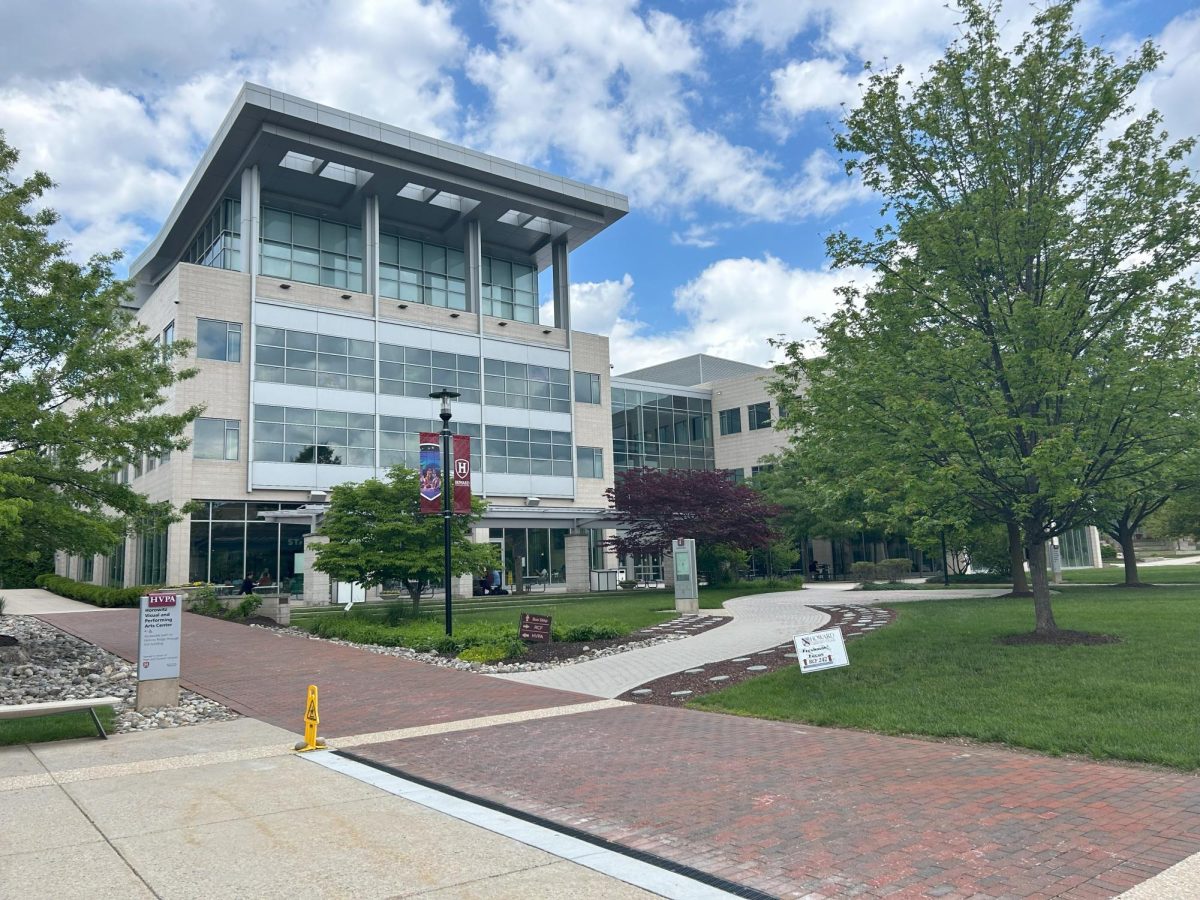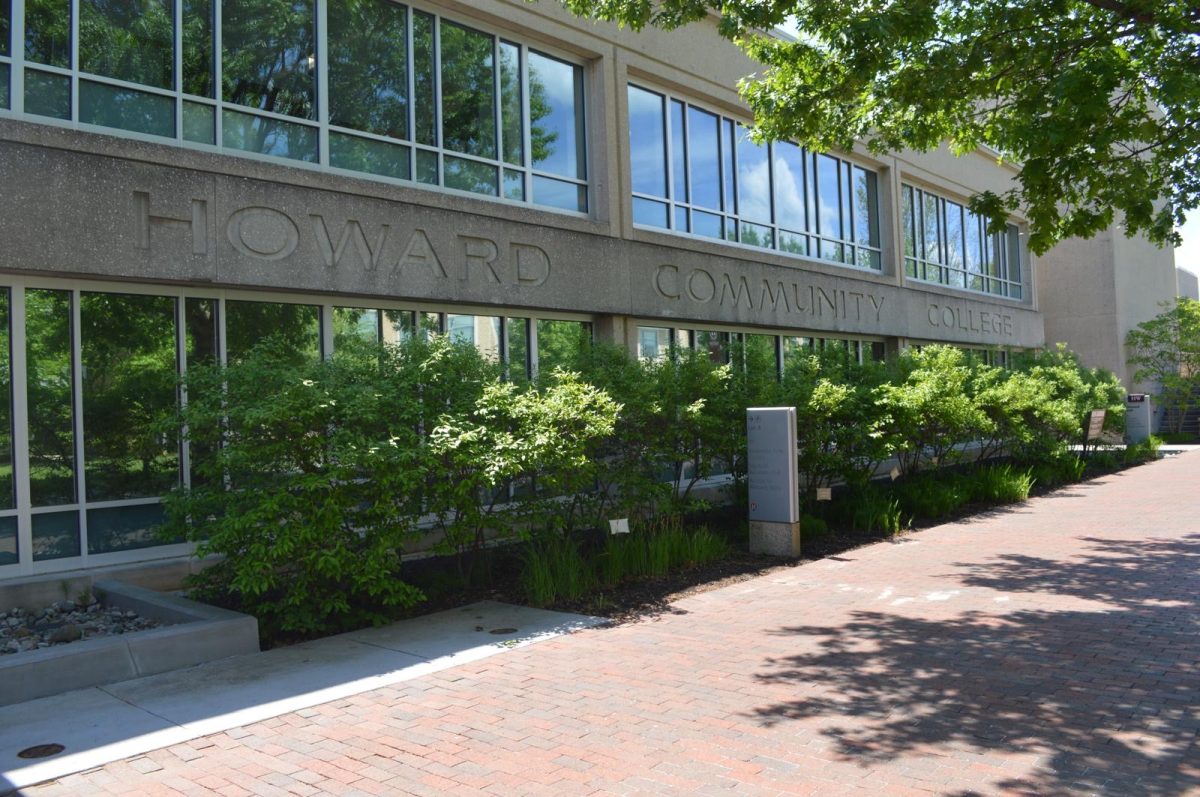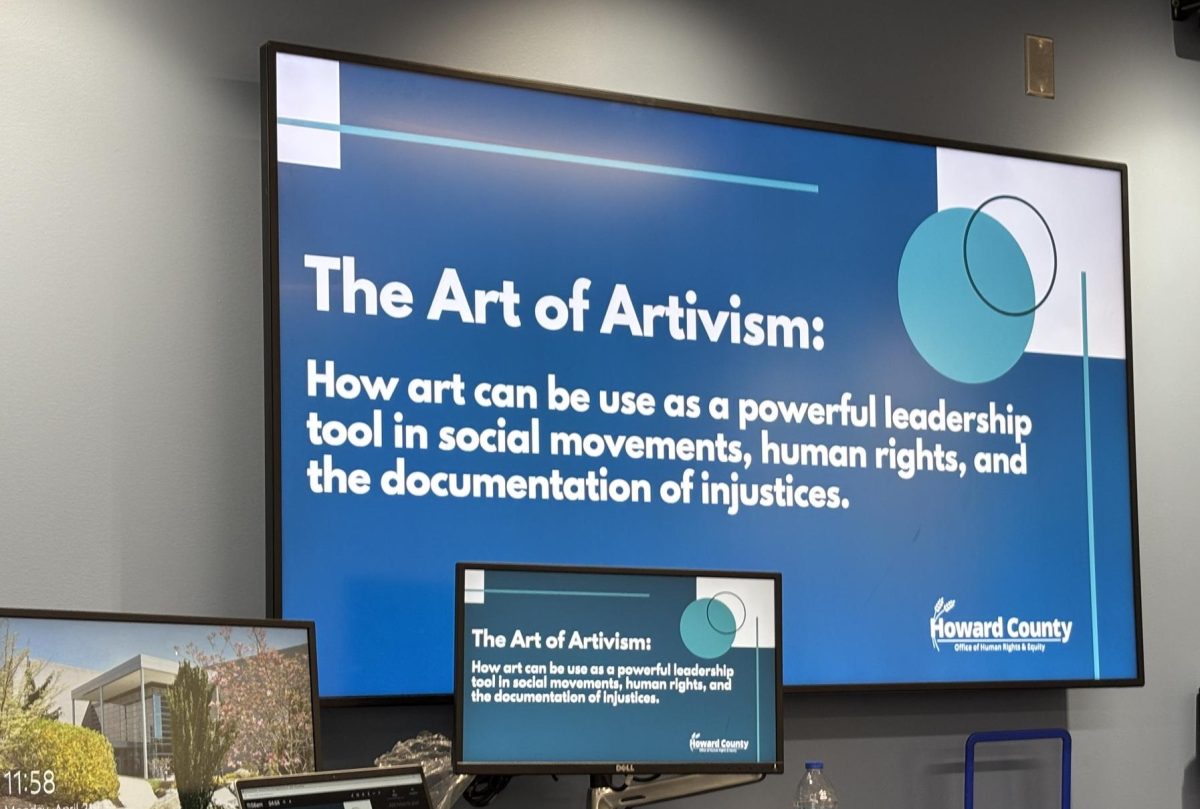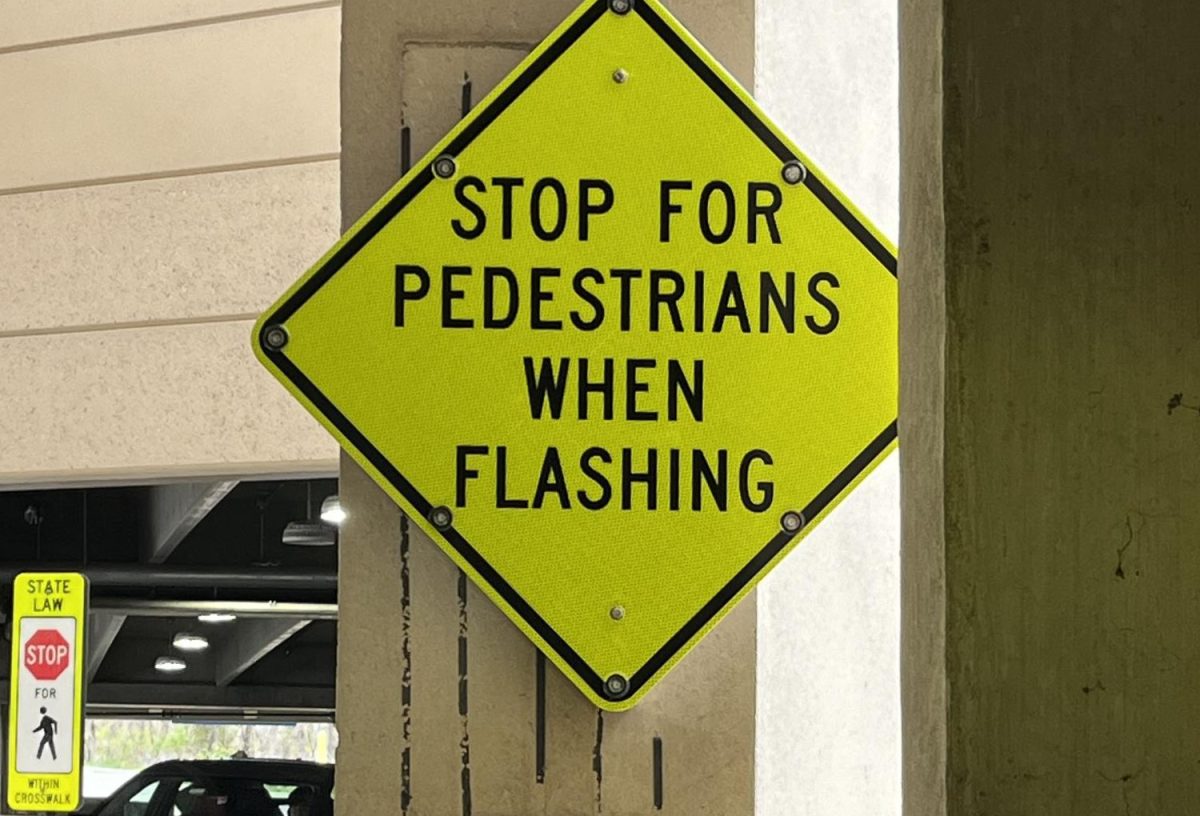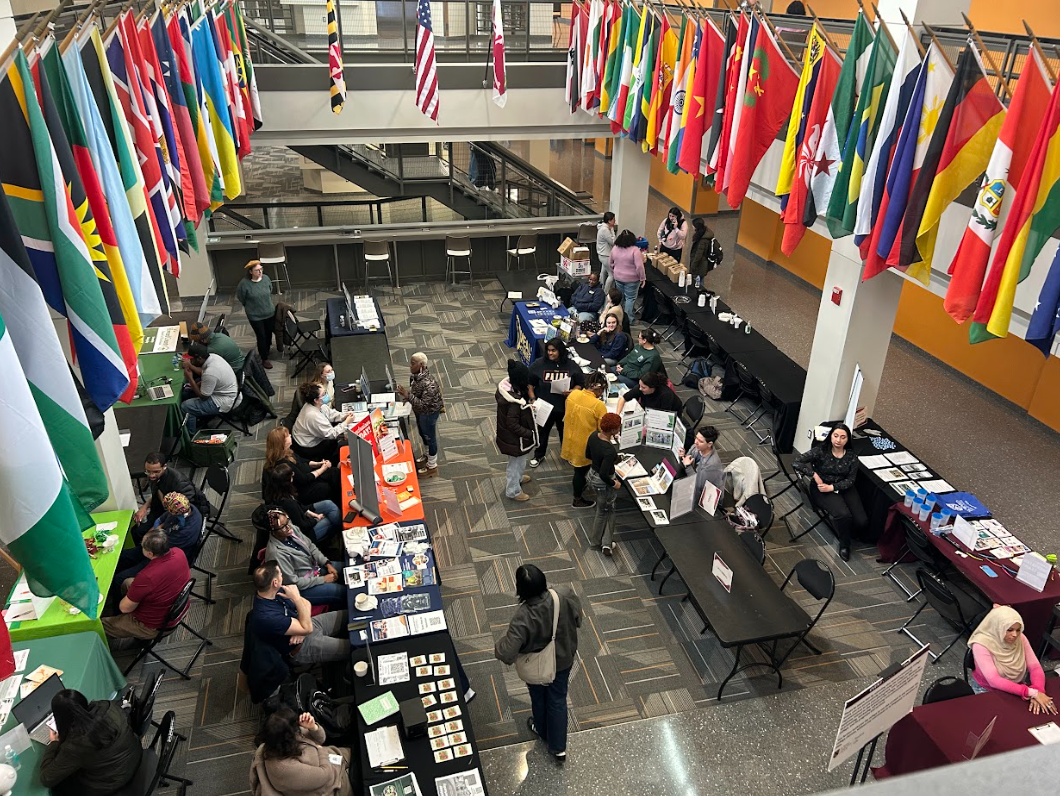On August 21, 2023, 80% of full-time faculty at Howard Community College voted to petition the state to recognize their labor union. On January 30, 2024, bargaining officially began between the college and the union, but well over a year later, a contract agreement has not yet been reached. Concerns with transparency, allegations of violation of free speech and retaliation, and claims of sluggish bargaining of the contract have filled the public air surrounding the union, but what does each side say?
Background
In December of 2021, the Maryland General Assembly overrode the veto of then Governor Larry Hogan, passing a collective bargaining bill that allowed Maryland community colleges to form faculty labor unions. Previously, community colleges in Maryland could not form labor unions — with the exception of Montgomery College, who has had a recognized union since April of 1980.
Following the passage of this bill, the first union to be recognized was that of Harford Community College in June of 2023. Harford CC began contract negotiations on January 7, 2025.
The next two unions to be officially recognized were Howard Community College, and Frederick Community College, both of which were recognized in September of 2023. Frederick Community College reached a tentative agreement with its union on May 2, pending a ratification vote by the FCC chapter of the United Academics of Maryland it is set to be the first contract for full-time faculty in Maryland since the passage of the bill in 2021.
In the 16 months that have passed since negotiations began at Howard CC, concerns have only continued to grow, even with meetings at the bargaining table still occurring. Articles have been published claiming that the college has been stalling at the bargaining table, failing to respond to proposals, and freedom of speech concerns involving labor organization and union materials.
Transparency and Collaboration
Transparency by both the college and the Board of Trustees has been a concern by both faculty and the public. A lack of collaboration with faculty was one of the driving factors that initially led to the formation of the union at Howard Community College.
In terms of transparency by the college, faculty are concerned with the deterioration of faculty input and transparency in college functions. Within the college handbook, it is stated that the college should have shared governance.
In reference to individuals being hired without a hiring committee, Guy Bunyard, a professor of mathematics at Howard Community college, said “people were being hired differently than what we were doing before. We were always involved, it was a very collaborative effort, and then people were just being hired, and faculty were not really part of that.” In the interview, Professor Bunyard acknowledged that it is within the college’s legal right to hire certain individuals without a committee, but it previously had not been done that way before.
In relation to the board of trustees, the passage of SB813 addressed many concerns with transparency of the board. The bill requires for two new members to be added to the Howard Community College Board of Trustees, requires every board of trustees meeting to have opportunity for public comment, and requires the board of trustees to deliver a report to the Maryland General Assembly by January 1, 2026, and every six months after, on the status of the faculty union contract until the contract is finalized.
The bill originally only required the board of trustees to expand its number of members from seven to nine, which was met with support by Howard CC President Daria Willis. However, after amendments were passed, Willis submitted comment opposing the bill in its entirety, including the expansion of the board.
Professor Bunyard expressed his support for the bill, hoping that it increases transparency with the board of trustees and makes it easier to provide public comment. Professor Bunyard said in an interview that he had previously attempted to make public comment at a board of trustees meeting to express the unions desire to work with the college and move forward, however this comment was denied by the Secretary of the Board of Trustees: Daria Willis.
The Bargaining Table
Various faculty members related to the union have alleged that while the college has met with union at the bargaining table, the college has failed to consider proposals given by the union. The college assures the public that the college is not stalling, Jarrett Carter, a college spokesperson has previously been quoted saying, “The college has repeatedly come to the table to negotiate in good faith with the union and will continue to do so as required by law.”
Professor Bunyard said in an interview that the college may be abusing ambiguity in the law pertaining to what negotiating in good faith would be. “We don’t have really any recourse to try and file a grievance […] because it’s so ambiguous.”
While the college is likely not violating any labor laws, there’s a standing opinion that the college could, and should be doing more to grow closer to a contract. Those involved with the union claim to have presented over 30 proposals to the college, but despite these proposals, they’ve received very little in response: “There would be times where they had nothing to give back, and we would have things to give back,” Bunyard stated in the interview. It is important to note that recently there has been some feedback from the college, but for 14 months, “there has been no movement.”
Free Speech
During the time that the contract has been negotiated, several instances have put into question the college’s acceptance of free speech.
One instance involves the college removing union materials from a faculty members office. The faculty member, Alejandro Muzzio, spoke of the incident while digitally testifying in support of support of SB813 to the Howard Delegation of the MGA on February 5. This testimony revealed that the college had instituted a policy banning union-related posters from faculty offices, while simultaneously mentioning that other posters, including political ones, did not violate this policy and did not have to be removed.
One college policy was used to remove a union rally from within academic buildings over winter break. The policy states that any demonstration may not interfere with the functioning of the college, and an additional policy prevents organizations from occupying college spaces without authorization from three days prior. Those involved with the rally stated that they did not block any doorways.

Allegations of Retaliation and Threats
Adjacent to the alleged violations of free speech, some have expressed concerns about a culture where faculty are afraid for their jobs and may not speak out due to fear of retaliation. In August 2023, an AFT press release stated that the faculty of Howard Community College developed a strong institution but are still “under constant threat of dismissal.”
During Alejando Muzzio’s testimony on February 5, he also stated that the policy contributed to an environment where faculty members feel that they will be targeted by the college for supporting the faculty union.
In an interview with Professor Guy Bunyard, when asked if faculty feared being retaliated against after speaking out, he said “Oh yeah, and the reason that more haven’t is because they’re afraid of it.” During this interview Professor Guy Bunyard mentioned an instance where a new faculty member was threatened with retaliation for refusing to remove themselves from the union activity that was ongoing. It was alleged that the college selected that faculty member because they were newer and may be easier to intimidate.
In regard to part-time faculty, who formed a union themselves in July of 2024, Vaughn Winchell, an adjunct professor of mathematics at Howard Community College, stated that while he has not seen retaliation against part-time faculty, he stated that he thinks “anxiety about potential retaliation is not uncommon among adjunct instructors. I think it’s accurate to say that many adjunct faculty members are hesitant to trust everything they hear from the college.”
Howardcc.fyi
One website, www.howardcc.fyi, features a variety of comments targeted at the college and specific administration. While this website may have issues with verification, it is often used as an easily accessible source of information for allegations against the college. This site often fails to provide nuanced information regarding issues with the college, but due to its prevalence amongst students, faculty, and community members, it is important to the context of the current issues with the college.
The College’s Side
When questioned about many the concerns mentioned in this article, Jarrett Carter Sr., Vice President of External Affairs, Communications, and Advancement, said in an email:
“The college is bargaining in good faith and adhering to its policies and procedures regarding political speech. All college employees must adhere to time, place, and manner limitations when exercising protected First Amendment rights.”


